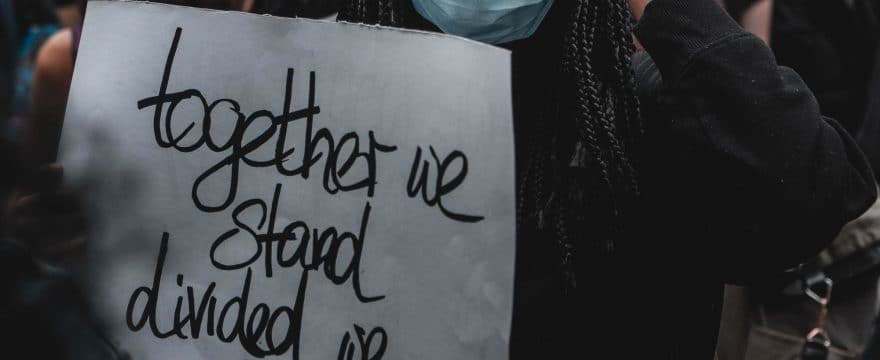In the United States, July is Minority Mental Health Month or more recently known as BIPOC Month (BIPOC stands for Black, Indigenous, and People of Color). This is to help address mental health stigma within the BIPOC communities themselves as well as look for more resources that can specifically be given to these individuals.
According to the Substance Abuse and Mental Health Services Administration (SAMHSA) and the CDC:
- In 2017, 10.5% (3.5 million) of young adults age 18 to 25 had serious thoughts of suicide including 8.3% of non-Hispanic blacks and 9.2% of Hispanics.
- In 2017, 7.5% (2.5 million) of young adults age 18 to 25 had a serious mental illness including 7.6% of non-Hispanic Asians, 5.7% of Hispanics and 4.6% of non-Hispanic blacks.
- Feelings of anxiety and other signs of stress may become more pronounced during a global pandemic.
- People in some racial and ethnic minority groups may respond more strongly to the stress of a pandemic or crisis.
A unique purpose of this month is to not only understand how today there may be specific issues BIPOC communities face with disproportionate inequalities due to systemic racism or barriers, but often faced with years – even generations – of trauma, which translates to socioeconomic disparities and, in turn, is linked to mental health concerns today.
There are many established barriers for BIPOC that can affect their ability to even begin treatment for mental health disorders as well as receive effective treatment, such as:
- differing cultural perceptions about mental illness
- racism and discrimination in the mental health system
- access barriers
- a fear or mistrust of the mental health treatment they receive
How Do You Start?
There are several things you and your church as well as your counseling centers in your communities can do now.
- Talk With Your Communities
Go provide an open forum to have BIPOC community members speak on this topic. Give them a platform not only to talk about concerns but have open dialogue that promotes an active discussion and reduces stigma. Also, meet with people one on one who may not be ready to stand up and talk about it but still wants to have their voice heard. And simply listen. - Look At How You Connect People To Counseling
Are some of your ways of connecting people to counseling actually a barrier for the BIPOC community? Do you have counselors that would be a benefit for minorities to see specifically? - Be A Champion Within The Church On Racism
Look at all the socioeconomic factors that actually cause mental health concerns for the BIPOC community. What more could you do to help make these barriers less impactful and shine the light of Jesus to the community?
